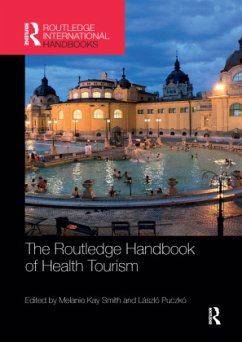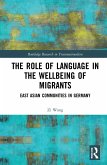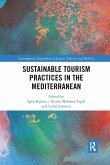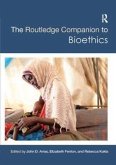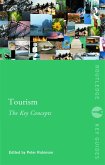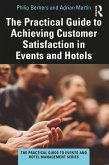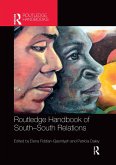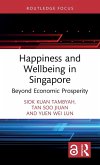The Routledge Handbook of Health Tourism provides a comprehensive and cutting-edge overview of the philosophical, conceptual and managerial issues in the field of health tourism with contributions from more than 30 expert academics and practitioners from around the world. Terms that are used frequently when defining health tourism, such as wellbeing, wellness, holistic, medical and spiritual, are analysed and explored, as is the role that health and health tourism play in quality-of-life enhancement, wellbeing, life satisfaction and happiness. An overview is provided of health tourism facilities such as thermal waters, spas, retreats and wellness hotels and the various challenges inherent in managing these profitably and sustainably. Typologies are given not only of subsectors of health tourism and related activities but also of destinations, such as natural landscapes, historic townscapes or individual resources or attractions around which whole infrastructures have been developed. Attention is paid to some of the lifestyle changes that are taking place in societies which influence consumer behaviour, motivations and demand for health tourism, including government policies, regulations and ethical considerations.
This significant volume offers the reader a comprehensive synthesis of this field, conveying the latest thinking and research. The text is international in focus, encouraging dialogue across disciplinary boundaries and areas of study and will be an invaluable resource for all those with an interest in health tourism.
This significant volume offers the reader a comprehensive synthesis of this field, conveying the latest thinking and research. The text is international in focus, encouraging dialogue across disciplinary boundaries and areas of study and will be an invaluable resource for all those with an interest in health tourism.

